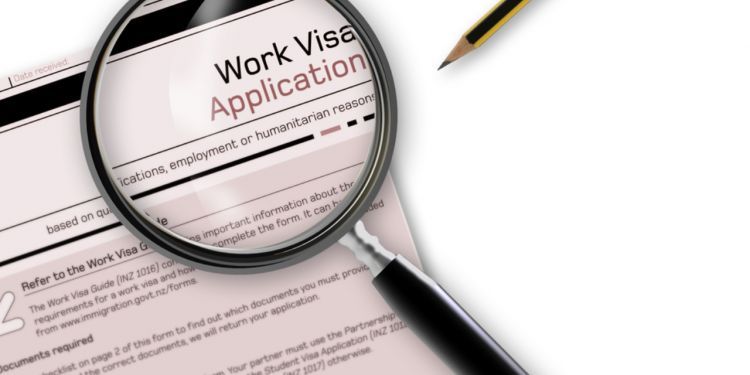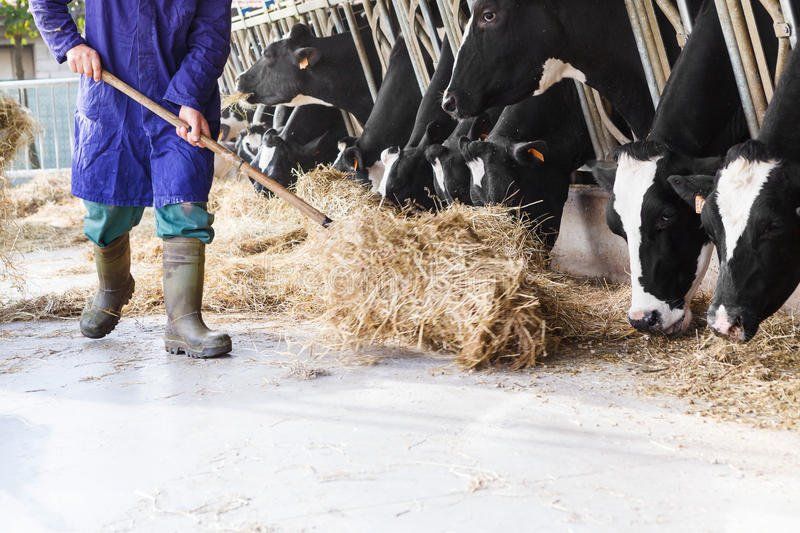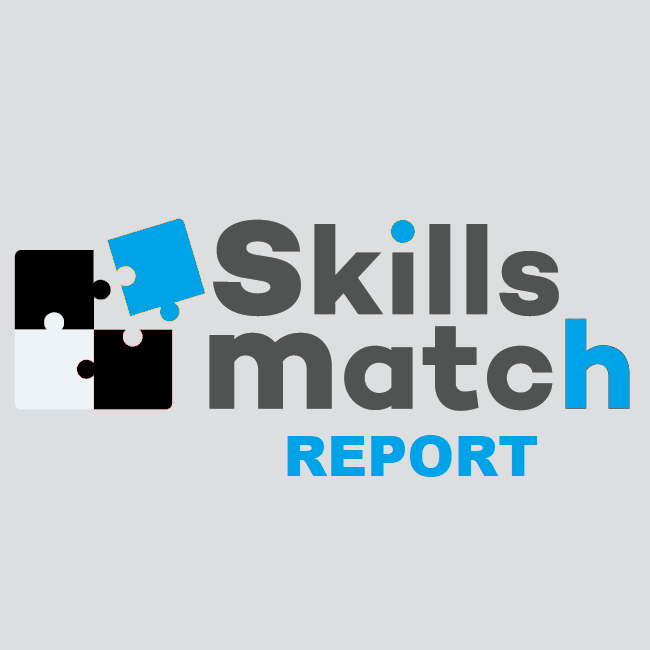Hard Labour: Waiting for a migrant worker agreement
By Elly Fleming
7 July 2022
The clock is ticking towards increased costs to keep their factories running and to fill their orders.
The message comes from the Government in the form of a seafood sector agreement that gives the sector a temporary exemption from some aspects of immigration changes announced in May.
If passed by Cabinet, it will be a reprieve from changes touted as a ‘rebalance’ of immigration rules but that would be a tough ask of a sector struggling to fill vacancies.
The intentions of the immigration changes are good – the main purpose being to slow or halt the increase of low-skill migrants on temporary working visas that was occurring before the pandemic when borders were open.
However, if you take the intentions at face value you might assume a lack of sector proactivity when it comes to getting more New Zealanders into those roles. Seafood New Zealand Chief Executive Jeremy Helson sought to correct this misconception with his response to the findings of the Ministerial Inquiry into the use and allocation of migrant labour in the seafood sector, released in December 2021.
At that time, Dr Helson highlighted the Inquiry’s conclusion that most workers in the seafood sector are local and that the reliance on migrant labour has steadily decreased. He also pointed out the Inquiry’s conclusion that there is a serious national labour shortage, which is an economy-wide issue, and that migrants are often available to do work that New Zealanders are often unwilling to tackle.
In short, there’s no quick fix.
That doesn’t stop the sector from trying, however. Another example of sector proactivity is the Fit for a Better World initiative, a workforce transition plan developed by Seafood New Zealand, MPI and Deloitte that aims to lessen the industry’s reliance on foreign workers and encourage more New Zealanders into the industry.
Pitt & Moore advisors can explain the rules exactly as they apply to you and your business, so please contact us for some expert navigation and advice.
Facing up to a complex new immigration landscape
While the sector continues to work towards these goals, they face new impositions with the suite of immigration changes. Of these, the new single accredited employer work visa (AEWV) is a stand-out. The AEWV went live this Monday (4 July); from this point on an employer must be accredited under the AEWV to employ migrant workers. They must also pay the median wage or higher.
The AEWV criteria are complex, the process onerous, and many employers could be dissuaded from applying, at a time when we desperately need to fill vacancies during a sustained period of record low unemployment. Pitt and Moore Associate Elly Fleming describes this situation in her blog here.
That is a simplified description of the new landscape – a base upon which proposed sector agreements are overlaid, for a handful of industries.
The Ministry of Business, Innovation and Employment is currently considering seafood sector feedback on the agreement parameters, gathered during consultation during May and June. Final Cabinet decisions are expected this month and implementation would happen in September or October.
The agreement would grant the sector a temporary exemption to the requirement to pay migrant workers on AEWVs above the median wage. This will hopefully enable employers to fill part-year, low-skilled processing jobs.
There is, of course, a catch.
The access to this essential migrant labour for seafood processing – that the sector has become most reliant on and developed businesses around – is proposed to be capped at 200 workers with the allocation managed by Seafood New Zealand. Employers are required to test the labour market for New Zealanders by first advertising the jobs locally.
They must also have a ‘workforce transition’ plan in place towards building a New Zealand workforce. It is assumed that this latent local workforce (somewhat of a unicorn these days) can be achieved through better workforce offerings such as training, and through initiatives to improve retention.
The agreement acknowledges that the sector needs time to achieve this transition. How much time? The Ministerial Inquiry found that it could take as long as 10 years to do this, though whether that much time is granted remains to be seen.
The second main part to the agreement is that the Foreign Fishing Crew visa will remain in place – one of only a few visas to remain intact under the immigration changes. It will be capped at pre-pandemic levels (currently proposed to be 800 visa holders onshore at one time), labour market testing is mandatory for inshore fishing jobs and employers are expected to transition to median wages over five years.
Another hit to the back pocket
Outside of the agreement, the main immigration changes still apply if employers can afford to recruit migrants on AEWVs for onshore roles paid above the median wage. They can also continue to employ workers on Working Holiday Scheme visas, and others with open work rights, and these visas are not subject to wage thresholds. But can we bank on the return of working holiday-makers now the borders are open?
The message to the seafood sector is clear – there is little way to manage increasing wage costs. These increases will come on top of rocketing fuel prices, plans to recover no less than $10M from inshore fishers for the compulsory onboard camera roll-out and other inflationary pressures.
This makes our message to New Zealanders as equally clear – be prepared to pay more for your fish and chips. It’s getting more expensive than ever to supply local retailers with the seafood we love to eat and there will be consequences to consumers.
Talk to us
If you are unsure of how this complex raft of new immigration rules applies to you, your accreditation application or recruitment plans and processes, we can help.
We offer an initial 15-minute free consultation to all new clients to discuss your particular circumstances and what services we can provide.
What sets us apart is that we are experts in each step of the immigration process as well as in employment law. This means that we can advise on all immigration, employment and visa-related issues.

















